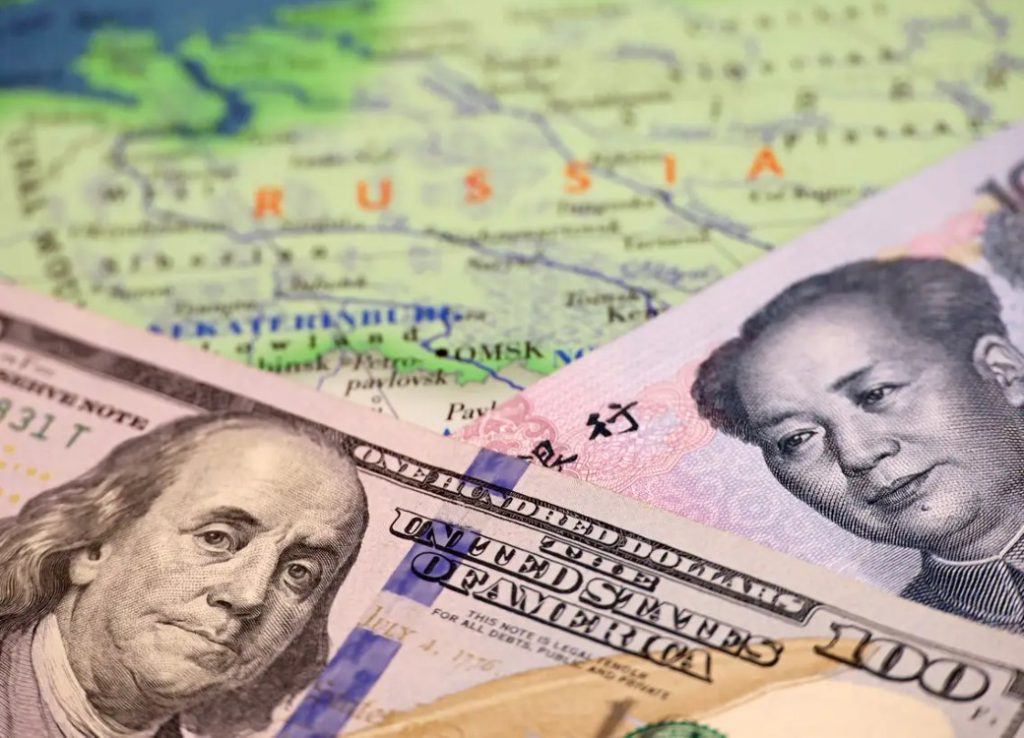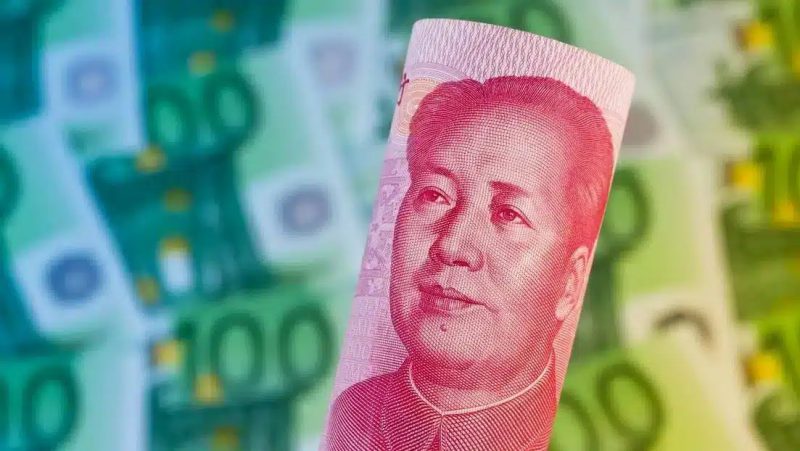China is pushing the Chinese yuan to become a BRICS reserve currency, challenging the US dollar in global trade. While Russia and Brazil heavily use the yuan for oil and commodity payments, India and South Africa remain cautious. They prefer a multicurrency system instead of using only the Chinese yuan. The internal divide among member nations is not letting the alliance grow to its full potential.
While China has not officially urged BRICS members to make the yuan the reserve currency, the steps the Communist country has taken to embolden the currency raise serious doubts about its agenda. However, during the 2023 and 2024 summits, the Xi Jinping administration suggested using the yuan in trade, cross-border payments, and central bank reserves.
Also Read: Minister Drops Major New Hint on BRICS Currency
China advocated that member nations reduce reliance on the US dollar and begin trading in local currencies, especially the yuan. It made BRICS members, Russia, Brazil, and other countries, settle payments in the Chinese yuan currency after leveraging the White House’s sanctions against Russia. Even India, at one point, paid the yuan for settlements but eventually stopped using the currency.
If that wasn’t enough, China pushed the yuan to be used for disbursing loans through the New Development Bank (NDB). Countries such as Pakistan, Sri Lanka, and many nations in Africa have already received loans in the yuan. China is unofficially promoting the Chinese yuan as an alternative currency within the BRICS alliance.
Also Read: BRICS SWIFT Alternative Plan Revealed: Global De-Dollarization Push
China Faces Resistance, BRICS Members Step Back From the Chinese Yuan Currency


BRICS members India and South Africa were already against the Chinese yuan currency, and now Brazil has joined the ordeal. They prefer a multicurrency system where all local currencies can share the stage and be used for trade and transactions. They want a basket of local currencies to be allowed a chance to compete against the US dollar. In conclusion, BRICS members do not want the Chinese yuan to be the reserve currency.





